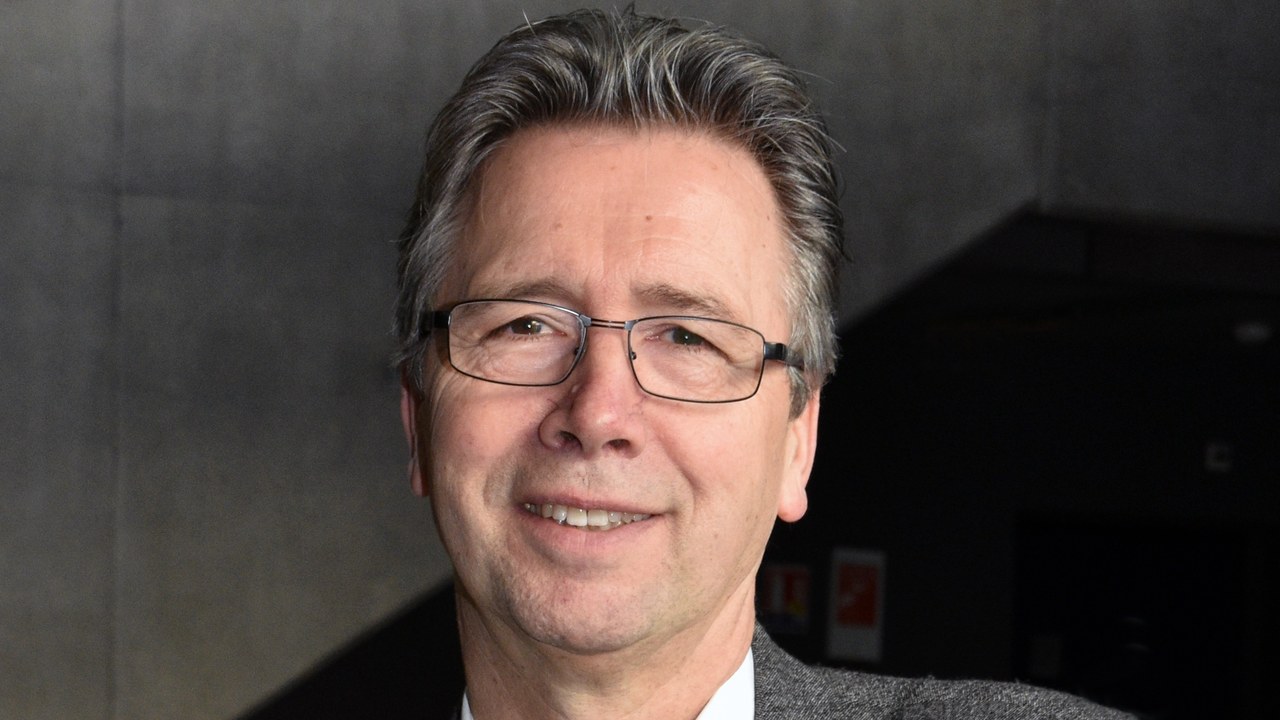Thomas W. Ebbesen: The Alchemy of Vacuum – Hybridizing Light and Matter
Colloquia
- Speaker
-
Thomas W. Ebbesen
USIAS, University of Strasbourg, France - When
-
2018/11/15
17:30 - Place
- DIPC
- Add to calendar
-
iCal

USIAS, University of Strasbourg, France
Light-matter strong coupling can give rise to a multitude of exciting physical effects through the formation of hybrid light-matter states. The implications for molecules and material have remained mostly unexplored. After introducing the fundamental concepts, examples of modified properties of strongly coupled systems, such as charge and energy transport, and chemical reactivity will be given to illustrate the potential of light-matter states.
Prof. Ebbesen's web page
Wikipedia article
About the speaker
Thomas W. Ebbesen (*1954) is a Norwegian physical chemist and 2014 Kavli Prize winner in Nanoscience. He graduated from Oberlin College in USA and got his Ph.D. from Pierre and Marie Curie University in Paris. He then worked at the Notre Dame Radiation Laboratory, the NEC Fundamental Research Laboratories in Tsukuba, Japan, and the NEC Research Institute in Princeton before becoming a professor at the University of Strasbourg in 1999. From 2005 to 2012 he directed the Institute of Supramolecular Science and Engineering (ISIS) at the University of Strasbourg. He is currently the director of the International Center for Frontier Research in Chemistry (ICFRC), director of the University of Strasbourg Institute for Advanced Study (USIAS), and the Chair of Physical Chemistry of Light Matter Interactions.
Prof. Ebbesen is known for his pioneering work in nanoscience and, in particular, for his discovery of how light can be efficently transmitted through subwavelength holes. Currently his research is focused on the physics and chemistry of light-matter interactions at the nanoscale. For his research he has received numerous prizes, among them the EPS Europhysics Prize (2001, together with Iijima, Dekker, and McEuen), the France Telecom Prize of the French Academy of Sciences (2005), the Quantum Electronics and Optics Prize of the European Physical Society (2009), the Kavli Prize in Nanoscience (2014, together with Hell and Pendry) for his transformative contributions to nano-optics, the French Legion of Honour (2017), and the European Material Research Prize (2018).
